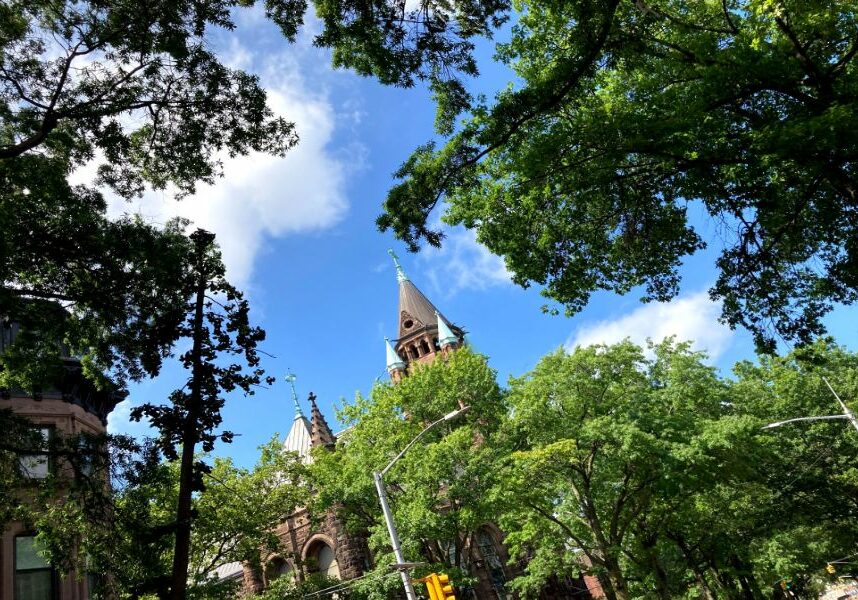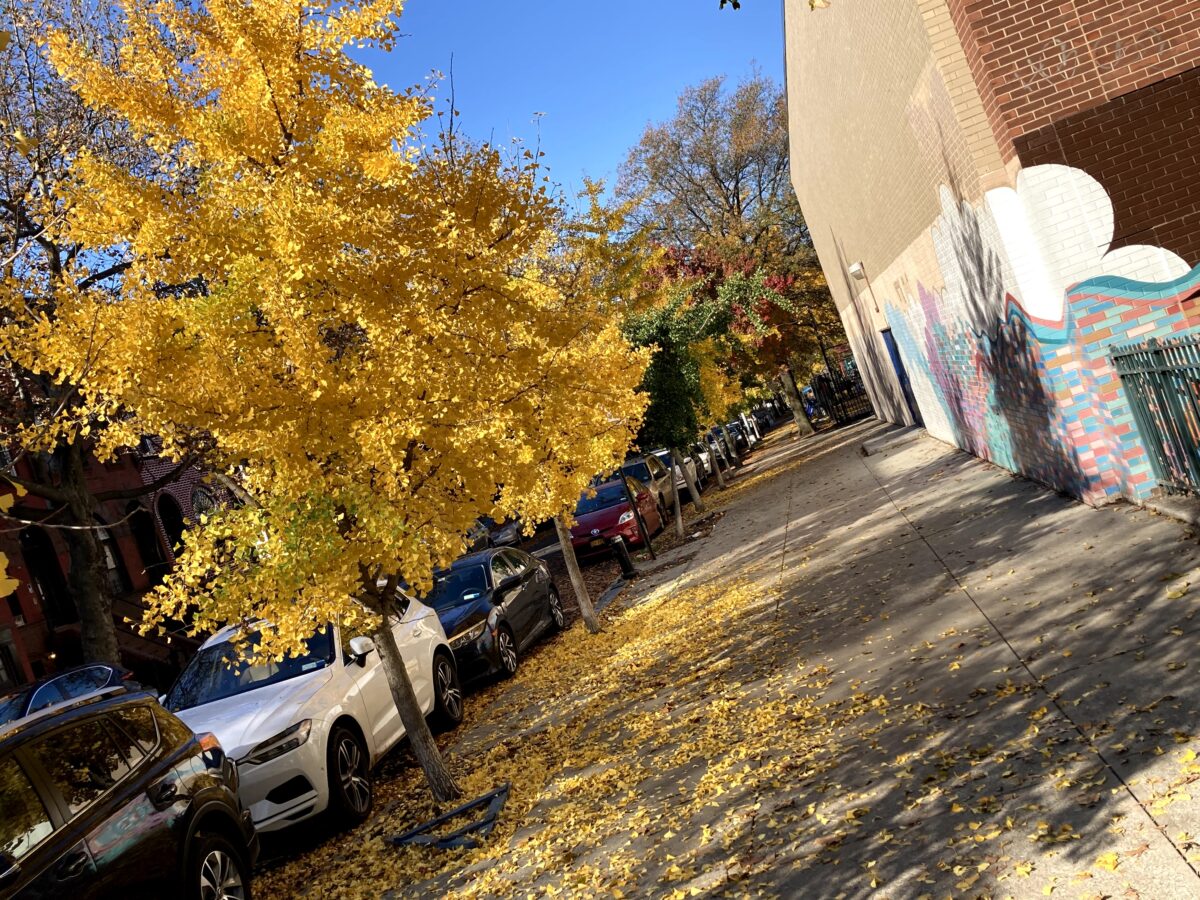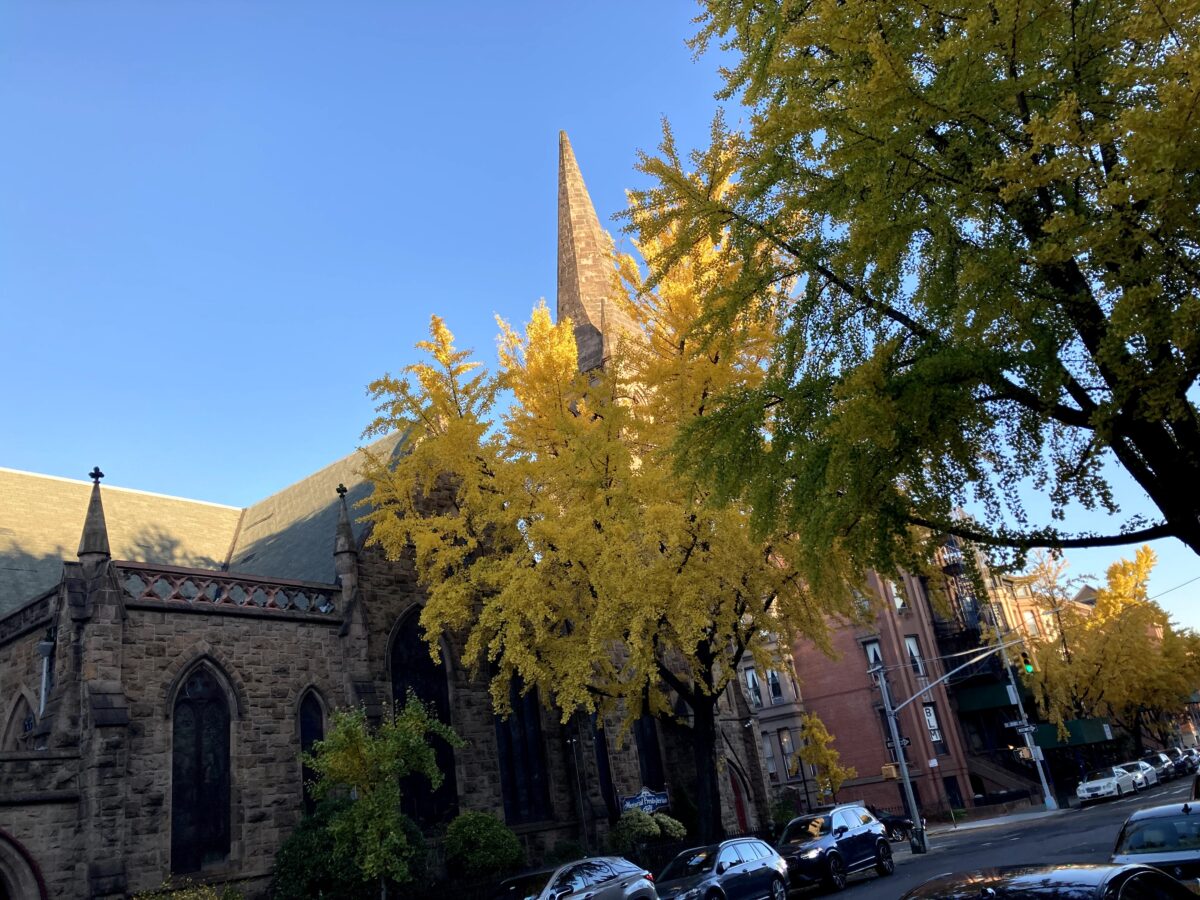May 9, 2021
Instrumental activities of daily living

Some people have difficulty keeping track of all the new pastimes they are pursuing, tearing through one activity after another, never quite satisfied.
Some people throw themselves into a new hobby and go whole hog for a few months, but then get bored and quit.
Some people are perfectionists and don’t pursue any new hobbies because they won’t be the best at it immediately.
Some people have no discernible interests and just kind of wander aimless hoping something with spark their enthusiasm.
Some people simply aren’t curious, don’t try things and are fundamentally content with long stretches of gross inactivity.
Some people are depressed and feel apathetic and unmotivated, but modern technology has fooled them into thinking their life is fulfilling.
Well, to each their own. Because there is no right or wrong way to diversify one’s life. There are as many hobbies, interests and pursuits as there are people to engage with them.
The secret is being intentional about our effort. Otherwise fulfillment will continue to elude us.
One psychological study aimed to clarify the relationship between having interests and mortality. Their research studied a community of seniors and suggested that having hobbies, or what they referred to as instrumental activities of daily living, not only extended people’s longevity, but also created a healthier life expectancy.
Proving, that whether you call them hobbies, passions, interests, pursuits, side hustles or random activities doesn’t matter. This is not about spending money, it’s about doing things that cultivate the self and personify our values.
It’s not about being obsessed, it’s about serving our meaning making needs. It’s not about creating a second job for ourselves, it’s about relaxing and setting our own rules for enjoyment. It’s not about being the best or even being good at something, it’s about the joy of discovering something worth doing.
Here’s my personal strategy for approaching instrumental activities of daily living.
On my desktop, there is a sticky note titled, meaning making mission. This is a living document that maps out the larger repertoire of activities that are guaranteed to provide me with the experience of meaning.
The list includes projects and pursuits to do before work, on the way to work, during work, on the way home from work, and at nights and on weekends.
It’s my existential day planner. My micro blue print for fulfillment. And it not only helps me fill my time, it also inoculates me against depression. Should the inevitable feelings of listlessness or loneliness well up inside of me, instead of monitoring my moods, I can just start doing things that are likely to fulfill my meaning making mission.
Does that mean my life is full of hobbies? Does that mean every hour of the day is jam packed with activities? Does that mean my house is littered with unfinished projects and possibility clutter?
Not at all. My meaning making mission may be intentional, but it’s not stressful.
Quite the opposite, in fact. Its function is to manage, alleviate and metabolize my stress, not add more layers to it. There’s no way to tell if it’s extending my life expectancy over time, but it’s certainly making my life more fulfilling in the moment.
And that’s good enough for me.
What instrumental activities of daily living serve your meaning making needs?

